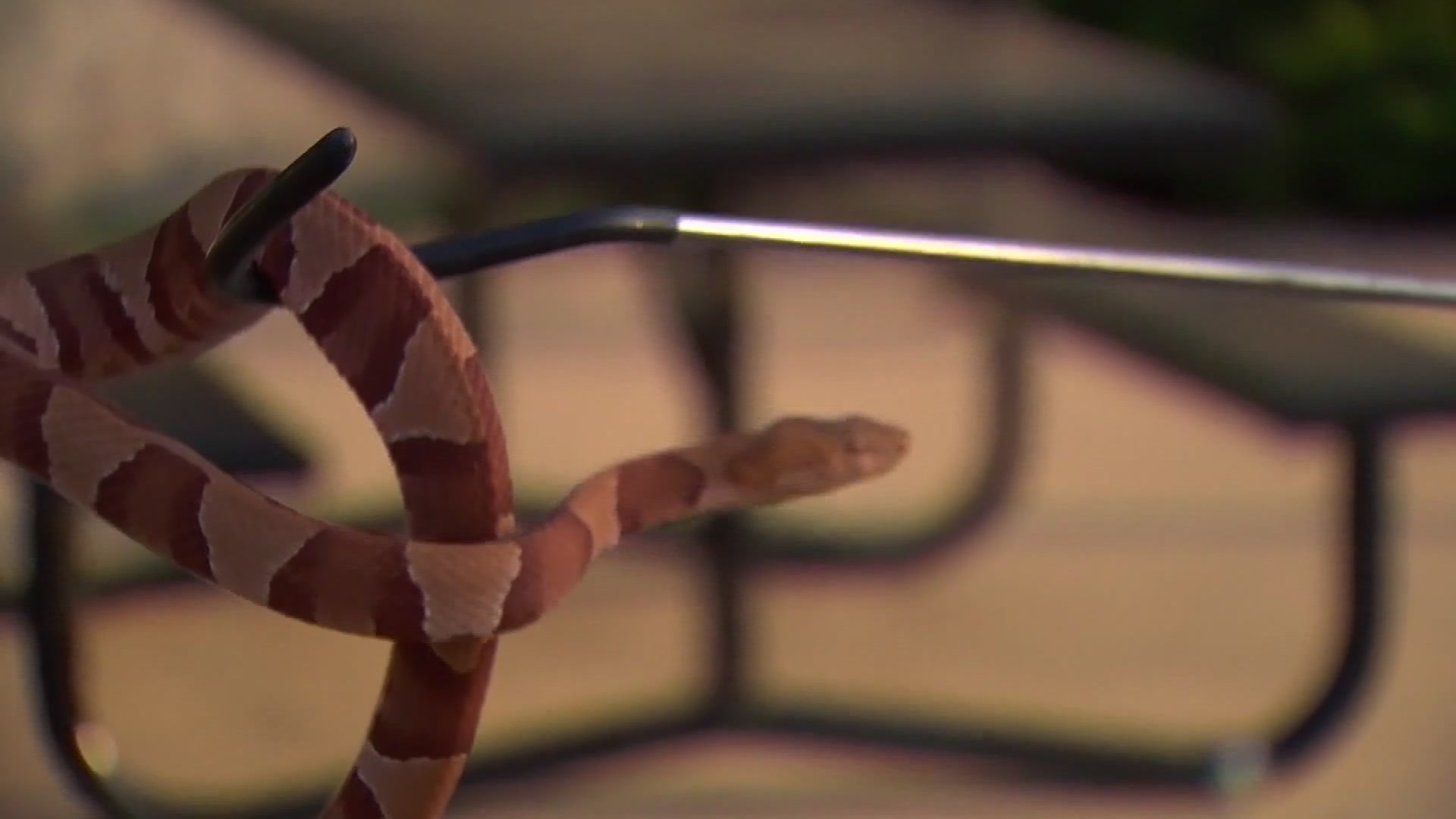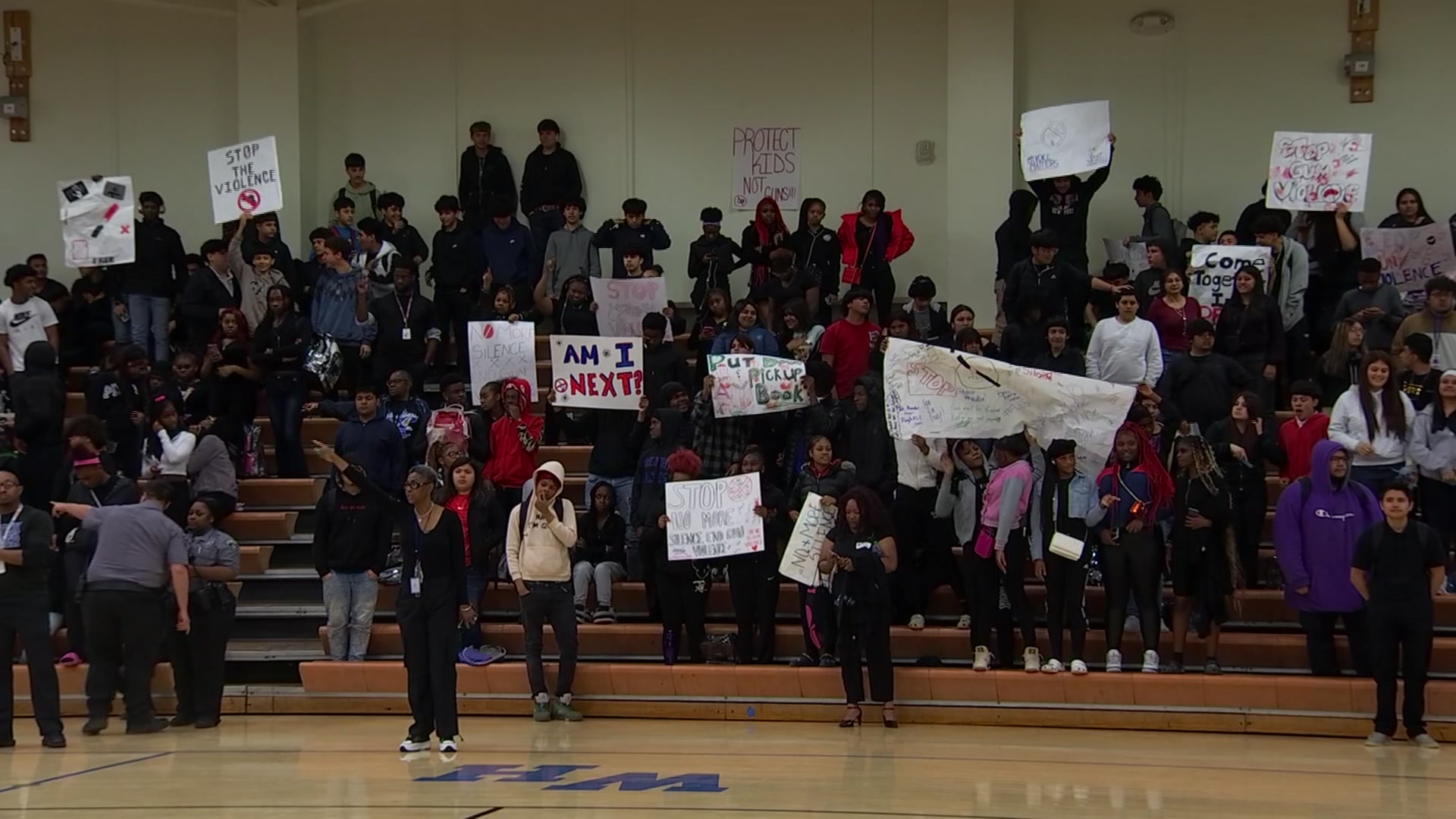The Texas House voted Thursday to let clergy members refuse to perform marriages that violate their religious beliefs -- further shielding the nation's largest conservative state from a possible U.S. Supreme Court ruling allowing gay couples to wed.
Republicans, who control the Legislature and haven't lost a statewide office since 1994, say the bill will keep church elders from being sued for refusing to perform weddings that clash with "sincerely held" religious beliefs.
Democrats didn't object, but took to the House floor to say passing it won't stop gay marriage from being legalized nationwide eventually.
"Some fine day, my partner and I are going to be able to get married in the great state of Texas. The Supreme Court will hopefully take care of that issue for us," said Rep. Celia Israel, an Austin Democrat who is one of two openly gay state lawmakers. "When that day comes, rest assured that, for those pastors and preachers who will take a more literal interpretation of the bible, my partner of 20 years and I will not be going to them to bless our union."
Texas' bill is less divisive than so-called religious objections measures elsewhere, applying only to religious wedding ceremonies and largely restating existing state law -- hence Democrats not voting against it. Gay marriage has been banned in the state since voters approved a 2005 amendment to the Texas Constitution.
It was approved 141-2 after sailing through the Senate last month. A final, largely ceremonial House vote that'll likely happen Friday would send it to Republican Gov. Greg Abbott, who is expected to sign it into law.
Applauded by conservative preachers and pastors, the bill nonetheless raises some of the same issues as the religious freedom laws that sparked criticism this spring when approved recently in Indiana and Arkansas.
Local
The latest news from around North Texas.
Supporters say such measures protect the freedom to exercise religious beliefs from government intrusion. Advocacy groups argue they allow businesses to refuse service to or otherwise discriminate against gay people.
Debate in the Texas House comes after the nation's high court heard arguments about the constitutionality of gay marriage for couples across the country, and should the justices rule later in favor of same-sex weddings, it would supersede the state constitutional prohibition.
Thursday's debate was especially heated because of Democrats' stall tactics last week to kill a bill prohibiting government employees from issuing marriage licenses to same-sex couples. That measure's supporters chose not to attempt to revive it as an amendment to the clergy bill, but weren't shy about saying they'd like to keep gay marriage out of Texas.
"When you look down the road and you see the legal and cultural environment changing -- and you see that the Texas Constitution itself saw that those things would happen," said the bill's House sponsor Rep. Scott Sanford, a McKinney Republican. "The Legislature should pass a law that's necessary to protect all religious denominations."
Sanford said religious leaders in other states had been threatened with lawsuits and even prosecution for refusing to lead gay marriages, but couldn't cite examples when pressed by Democrats.
"This bill is a shield and not a sword," Sanford said.



